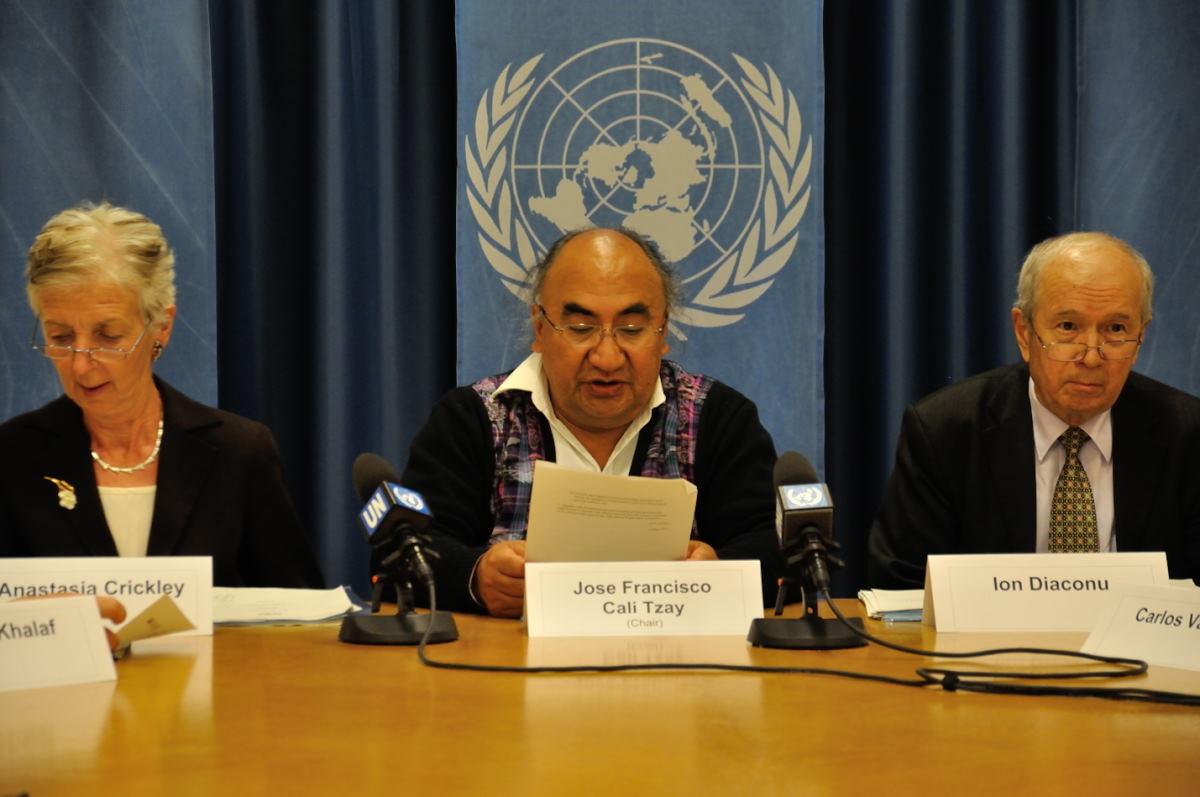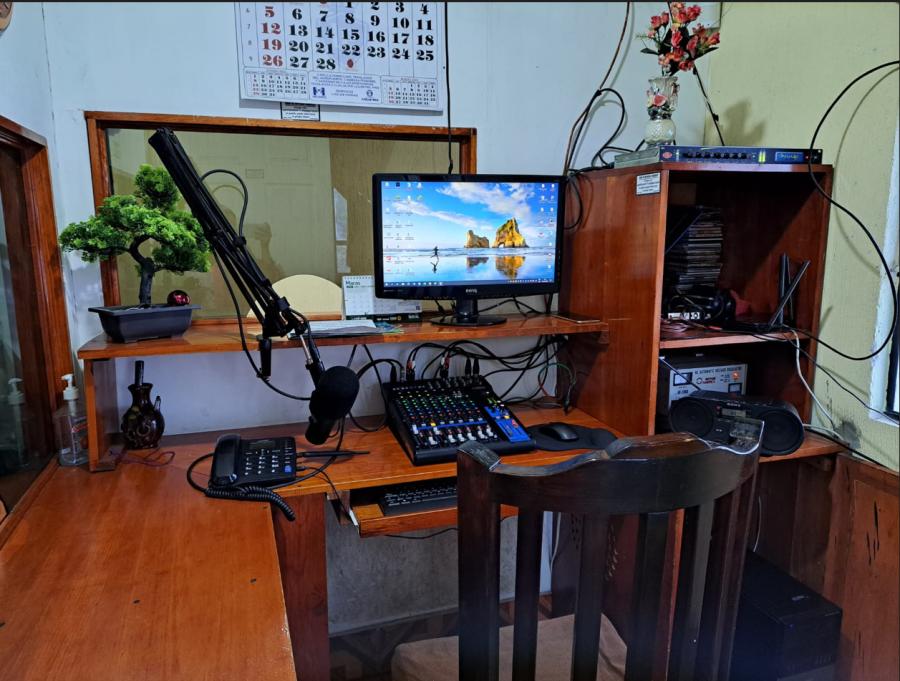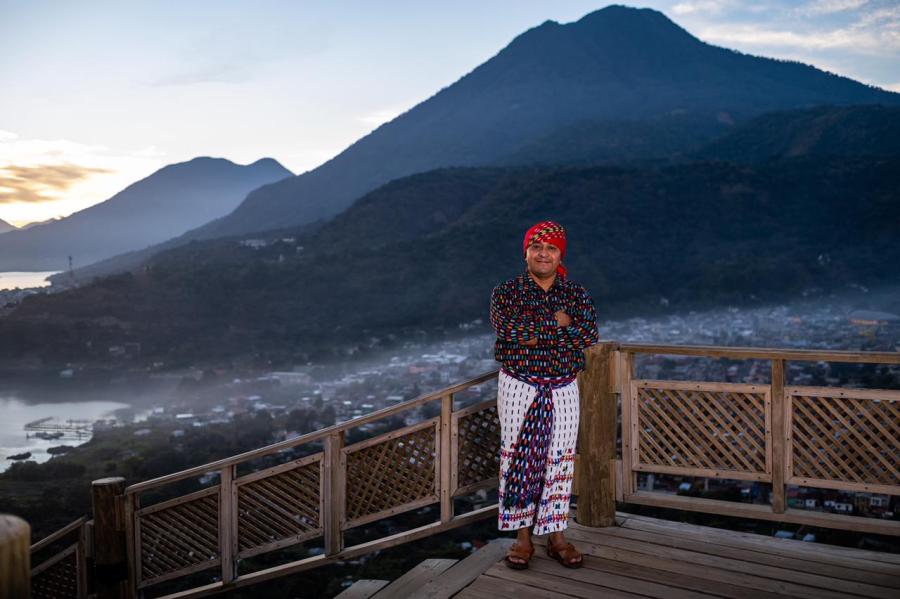
Translated from RIDH | Panorama diplomático
Read Cultural Survival's Shadow Report on Guatemala to CERD
On May 15, 2015, the Committee on the Elimination of Racial Discrimination (CERD) denounced the criminalization of Indigenous community radio stations in Guatemala, after submitting its observations on the country, in Geneva, according to the International Convention on the matter.
"The criminalization of community radio, and subsequent detention of Indigenous journalists and closure of radio stations, which are an integral part in the communication of Indigenous peoples, is a new phenomenon" as explained by American citizen, Carlos Manuel Vazquez, one of 18 independent experts appointed by this Committee, who acted as rapporteur for the Guatemalan case, held in late April, and whose recommendations were made public today.
The Committee highlights how "[m]anifestations of racial discrimination continue to exist across media outlets ... and (there has been) State intervention to permanently close community radio stations especially with the absence of a formal legal framework." Moreover, the Committee has requested the State to preserve "community radio frequencies."
The aggression against community journalists occurs after a number of attacks on "human rights defenders," particularly those "activists," who have spoken on "conflicts linked to the exploitation of natural resources," historically concerning to Indigenous Peoples, the Committee points out.
At the same time, the experts called for the "Free, Prior and Informed Consent" of Indigenous Peoples in Guatemala, after finding "conflict" with the "granting of licenses and authorizations for hydroelectric projects, the exploitation of natural resources, or monoagriculture in the lands and territories currently belonging to Indigenous Peoples and those which have been traditionally occupied by them."
"Such concessions have been granted without respecting the right to consultation with Indigenous Peoples beforehand," said the Committee's report.
"There are bills designed to improve the situation of Indigenous Peoples which have been stuck in Parliament for the past 18 years, also within the Peace Accords (accredited with ending the internal conflict between 1960-1996) it was clearly stated that new community radio stations should be created," explained Carlos Manuel Vazquez.
The Committee listed pending adoption laws, aimed to "formally recognize Indigenous Peoples, languages, spirituality, justice," as the "Indigenous jurisdiction", "integrated rural development", "sacred places", "bilingual, multicultural and intercultural education," as well as the reform of the Electoral and Political Parties Act, and the Mining Act.
The Committee proceeded to condemn "the annulment of the sentence against Efrain Rios Montt," Guatemalan President in 1982-1983 who, in 2013, had been sentenced and imprisoned to 80 years behind bars for genocide and crimes against humanity, that claimed the lives of close to 200,000 people, most of whom of Mayan ethnicity.
The recommendations of the Committee also noted that the State needed to double their efforts to address "the conditions of poverty and social exclusion" and "chronic malnourishment" which some Indigenous People suffer from, before also acknowledging that "access to healthcare remains restricted in areas with an Indigenous Population majority."
Carlos Manuel Vazquez, called for "the adoption of special measures or affirmative action to break the link between poverty and racism," by extending protection from which Indigenous of African descent lack.
Read Cultural Survival's Shadow Report on Guatemala to CERD


